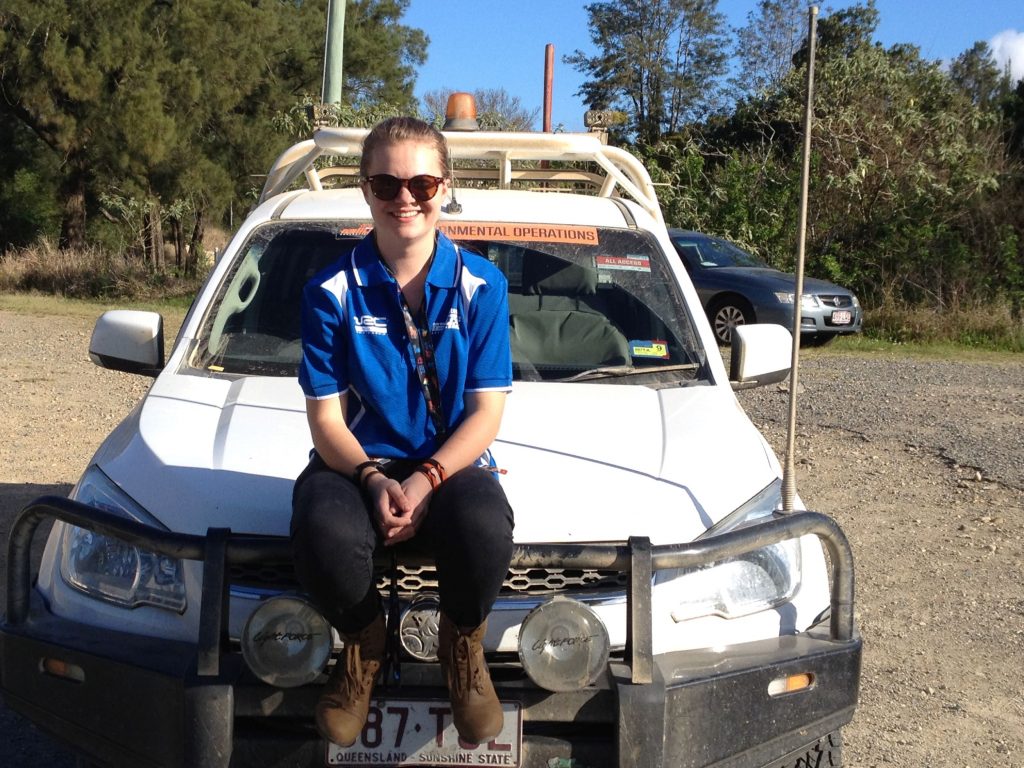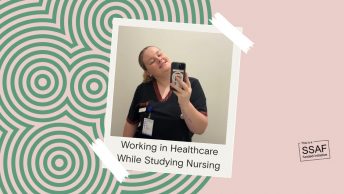Written by Lexie Clark
How do I get experience if I need experience for a job?
Ahhh the age old question. You need experience to land the job, but how do you get experience without a job? It’s a vicious cycle and one that can seem daunting to break into but keep reading because I’ve got some great tips below! There are several ways to gain that ever-valuable experience that will boost your skills and confidence and enhance your resume!
Option 1: Volunteer work
Volunteering is a wonderful way to gain valuable experience. There are a plethora of organisations that warmly welcome enthusiastic volunteers, and are so varied that you are sure to find something that aligns with your chosen career path. Sometimes it may not be immediately obvious how a particular volunteer role will be relevant to your field, but think about the skills that will make you stand out from other candidates. Many volunteer roles will help you to develop skills like communication, time management, team work, whilst demonstrating your commitment and dedication. One of the benefits about volunteer work is you can often volunteer around your schedule so it’s a little easier to fit in around uni and work commitments than say an internship, and not to mention the satisfaction you will feel giving back to your community and lending a helping hand!

Option 2: Internships
Internships are one of the most effective ways to gain practical industry experience and can be unpaid or paid. These roles are often short-term and give you the opportunity to gain relevant experience whilst allowing you the chance to try out the role and gain insight into if it is the right industry for you. Potential employers often look for your experience of working in a professional environment so internships can be really valuable on your resume. Additionally, the networking opportunities are invaluable as you grow your circle of professional contacts. Don’t underestimate the power of networking! Building relationships with industry professionals can open doors for future job opportunities and industry mentorship.

Option 3: Work placement
Many university degrees will include a work placement component, that gives you the chance to gain some hands-on experience in your specific field. Placements are specific to your chosen industry and are so valuable in preparing you for your future role and building your confidence and skills.

Placements are really helpful in giving you a taste of different roles within your field which can help you to make informed career choices. As a bonus, many students receive job offers following placements which can be a great foot in the door! I have personally had five placements throughout my four-year degree and they have been such great experiences and have allowed me to experience a variety of different practice settings.

Option 4: Part-time jobs
Working part-time in your field can help you to gain experience and develop important skills in your industry. Part-time roles are a good option to work around your uni schedule, whilst still giving you that necessary experience. (And the extra pocket money never goes astray!). Being able to show your future employer that you’ve worked in the field will demonstrate that you are proactive, determined, and passionate about your chosen field, which are all skills that employers look for.
Whilst it can be challenging breaking into your chosen field, there are many ways you can gain that elusive experience you need! Placements, volunteer work, internships, and part-time work can all help to build your confidence and relevant skills, and help strengthen your resume. Every bit of experience counts, and there are many skills that can be transferable to most industries, and can help you to reach your career goals!
Did you know you can register for volunteer opportunities via the Charles Sturt Careers team? Plus you have access to part-time job and internship opportunities on the Charles Sturt Students Jobs board.
Charlie blog is a SSAF funded initiative










